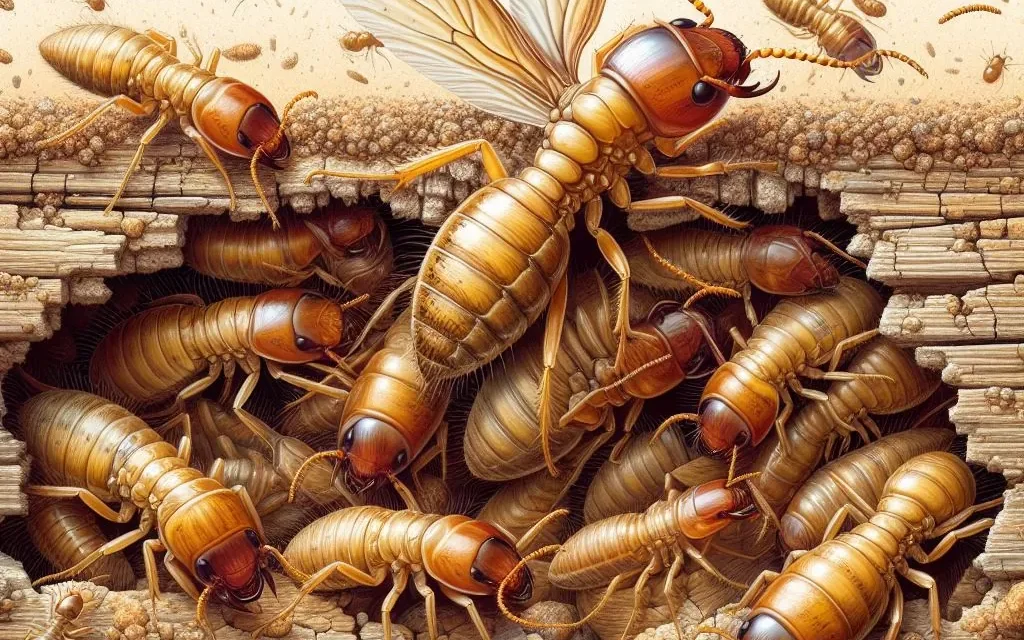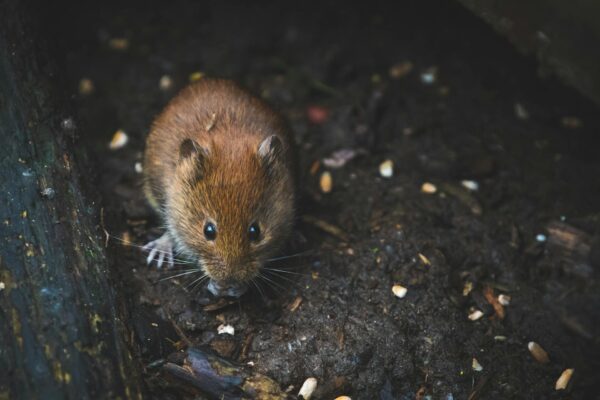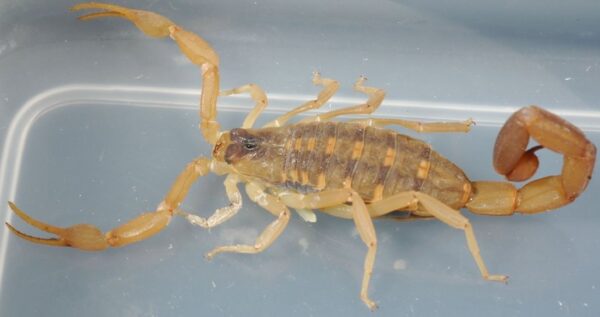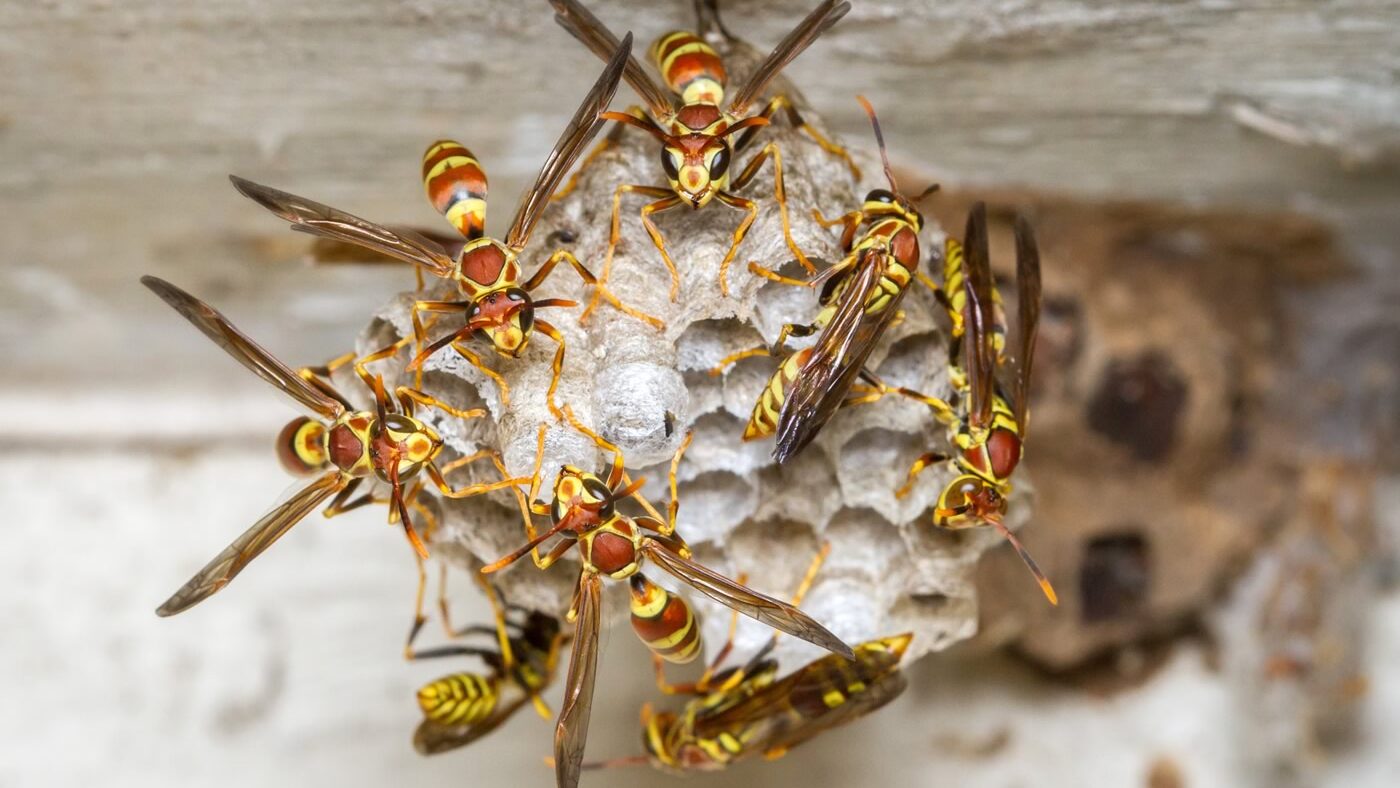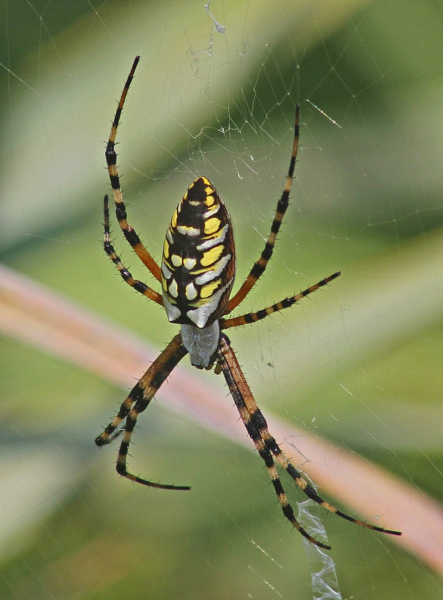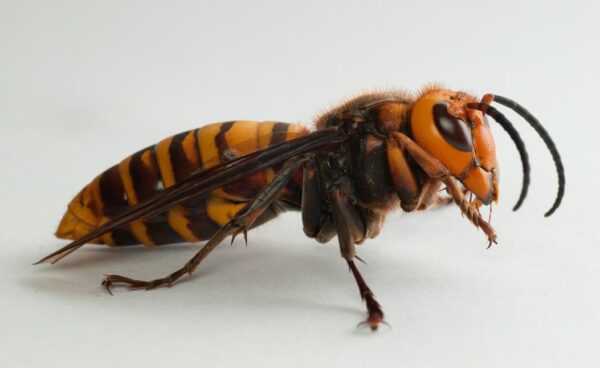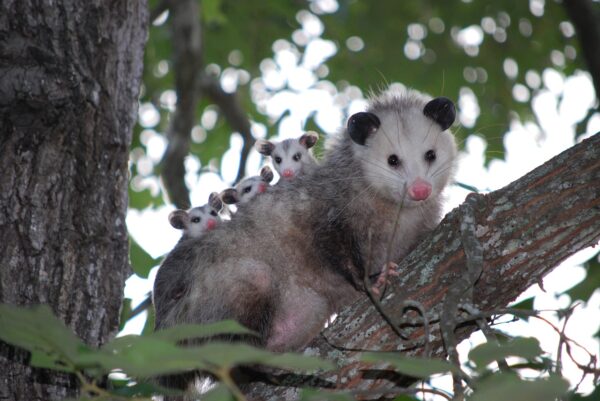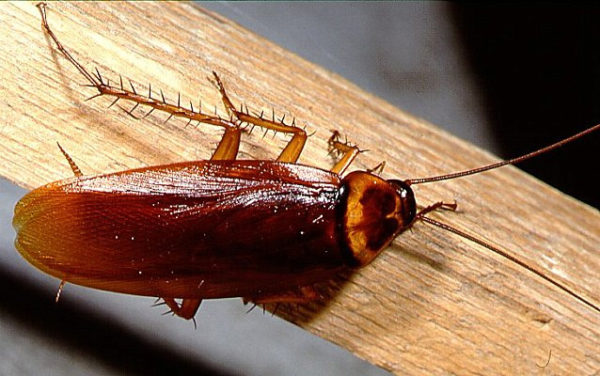
As the vibrant colors of fall take over San Antonio and the Texas Hill Country, homeowners face the annual challenge of pest-proofing their properties. The cooler temperatures of autumn often drive pests such as rodents, spiders, and cockroaches to seek refuge inside cozy, warm homes. Here’s how you can keep these uninvited guests out of your house this season.
Seal Up Cracks and Openings
The first step in fall pest-proofing is to seal any cracks and openings along the exterior of your home. Check the foundation, look around windows and doors, and inspect the attic and basement—if accessible—for any potential entry points. Silicone-based caulk is ideal for sealing smaller gaps, while steel wool can be used to fill spaces around pipes and cables that enter your home. This not only helps prevent pests from entering but also improves energy efficiency.
Clean Up the Yard
Your yard can attract various pests that might eventually make their way into your home. Keep your lawn mowed and rake up any fallen leaves. Store firewood at least 20 feet away from your house and keep it off the ground to avoid creating a haven for pests. Additionally, ensure all garbage bins are tightly sealed and stored away from your home’s exterior.
Manage Moisture
Many pests are attracted to moisture, so it’s crucial to manage and eliminate damp areas around your home. Ensure your gutters and downspouts are clean and functioning properly to direct water away from your foundation. Fix any leaky faucets and pipes, and use dehumidifiers in basements and crawl spaces to keep humidity levels in check.
Inspect Indoor Spaces
Inside your home, keep your kitchen clean and free of crumbs and food scraps. Store food in tightly sealed containers, and regularly dispose of garbage. In the bathroom, check for leaking pipes and ensure all vents are working properly to minimize moisture buildup, which can attract pests like cockroaches and silverfish.
Professional Pest Control Services
While DIY methods can be effective, sometimes a professional pest control service is necessary to handle persistent or severe infestations. Professionals can provide a thorough inspection and treatment plan tailored to your specific needs and the challenges presented by San Antonio’s unique climate.
Final Thoughts
By taking these proactive steps in the fall, you can enjoy the cooler weather without the nuisance of pests in your home. Regular maintenance and vigilance are key to keeping your home pest-free. If you’re unsure about handling any aspect of pest-proofing, don’t hesitate to call in the experts to ensure your home is protected as effectively as possible.

